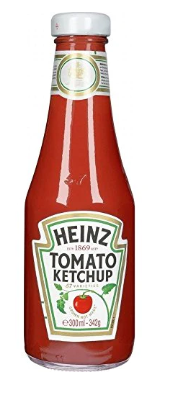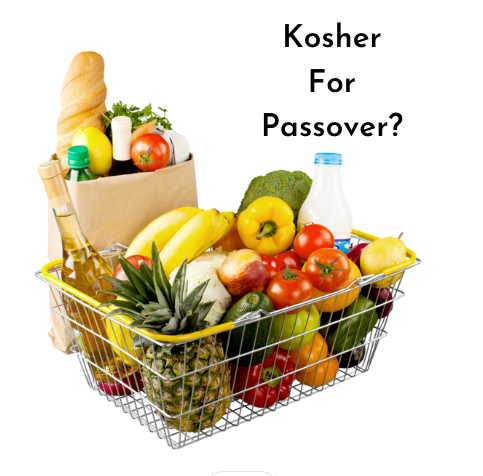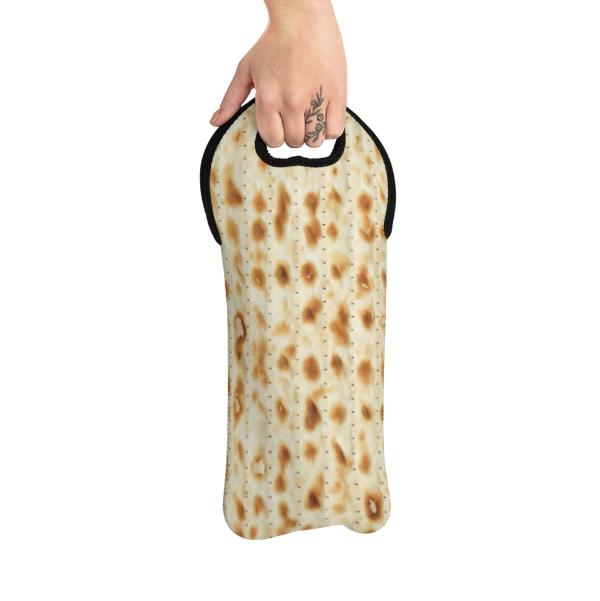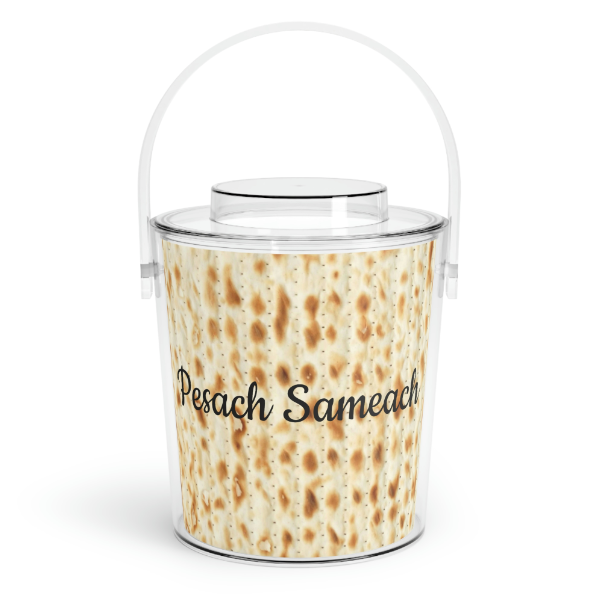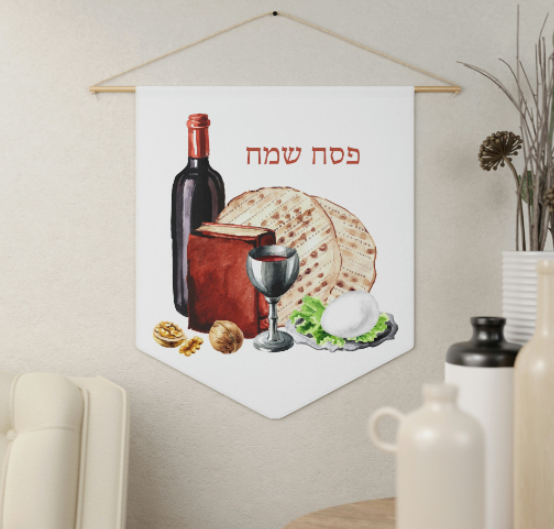Every year Kosher for Passover food can change in certification and therefore need to be checked and confirmed with the Kashrut Authorities.
Kashrut Authorities update their list every year to ensure that all food items available for purchase are suitable for Passover consumption. This includes making sure that products do not contain any of the five forbidden grains or any other ingredients not allowed during the holiday. Additionally, Kashrut Authorities will review ingredient labels to make sure they meet kosher standards and have been produced in a kosher facility.
By updating their list every year, Kashrut Authorities can ensure that Jews observing Passover can purchase certified Kosher for Passover food items with confidence that they are free of any forbidden ingredients.
The four main Kashrut Authorities in the United States are the Orthodox Union (OU), Star-K, Kof-K, and OK Kosher.
For a full list of Kosher for Passover Products please visit their websites for their Kosher for Passover annual lists.
Is Olive Oil Kosher for Passover?
Olive oil can be kosher for Passover, but it depends on how it was produced and whether it contains any chametz (leavened grain products) or kitniyot (legumes and grains that are not consumed by Ashkenazi Jews during Passover).
If the olive oil was produced using chametz or kitniyot, it would not be kosher for Passover.
However, if the olive oil was produced using only kosher for Passover ingredients and equipment, and if it was stored and transported in a manner that ensured it did not come into contact with chametz or kitniyot, then it would be considered kosher for Passover.
It’s worth noting that some Kashrut authorities have different opinions regarding the kosher status of certain products, including olive oil. Therefore, it’s always best to consult with a reliable Kashrut authority to determine whether a specific brand or type of olive oil is kosher for Passover.
Are Pine Nuts and Pumpkin Seeds Kosher for Passover?
Pine nuts and Pumpkin Seeds can be kosher for Passover, but it depends on how they were harvested and processed.
Pine nuts and Pumpkin seeds themselves are not chametz or kitniyot, but they can become contaminated with these substances during harvesting and processing.
Therefore, it’s essential to ensure that they are harvested and processed in a way that complies with Passover dietary laws. This includes making sure that the nuts and seeds were not stored or transported in containers that previously held chametz or kitniyot and that they were not roasted in facilities that process chametz or kitniyot.
It’s also worth noting that some Kashrut authorities recommend checking nuts and seeds for insect infestation before using them during Passover. This is because some types of nuts and seeds are more prone to insect infestation than others, and consuming insects is not permitted under Jewish dietary laws.
Is Apple Cider Vinegar Kosher for Passover?
Some brands of apple cider vinegar may contain added ingredients, such as malt or grain vinegar, which are chametz and therefore not permitted during Passover. It’s essential to carefully check the ingredients list and any certification symbols on the bottle to ensure that the apple cider vinegar is indeed kosher for Passover.
It’s also worth noting that some Kashrut authorities recommend avoiding all types of vinegar during Passover, including apple cider vinegar, to prevent any confusion or potential mistakes
Is Cheese Kosher for Passover?
Generally, hard cheeses like cheddar, Parmesan, and Swiss are considered kosher for Passover since they don’t contain any leavening agents. Soft cheeses, such as cream cheese, cottage cheese, and ricotta, however, are not considered kosher for Passover because they usually have some form of leavening agent in them.
If the cheese was made with non-kosher ingredients or was processed in a non-kosher facility, then it cannot be eaten during Passover. Therefore, it’s important to read the label carefully and make sure that all ingredients and processing methods are certified kosher before consuming any cheese during Passover.
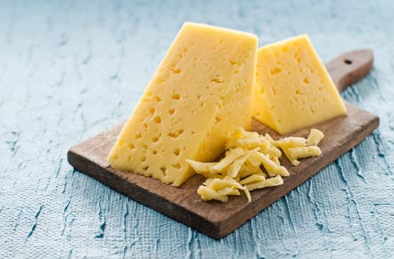
Is Balsamic Vinegar Kosher for Passover?
Some brands of balsamic vinegar may contain added ingredients, such as malt vinegar, which is chametz and therefore not permitted during Passover. It’s essential to carefully check the ingredients list and any certification symbols on the bottle to ensure that the balsamic vinegar is indeed kosher for Passover.
Is Canola Oil Kosher for Passover?
Canola oil can be kosher for Passover, but it depends on how it was produced and whether it contains any chametz or kitniyot
Many brands of canola oil are certified kosher for Passover by reliable Kashrut authorities. This certification indicates that the canola oil was produced using only kosher for Passover ingredients and equipment and that it meets the strict dietary laws for Passover.
It’s worth noting that some Kashrut authorities have different opinions regarding the use of certain types of oil during Passover. For example, some authorities prohibit the consumption of oil that was produced from kitniyot, such as corn or soybeans, while others permit it.
Is Red Bull Kosher for Passover?
Red Bull is an energy drink that typically contains the following ingredients:
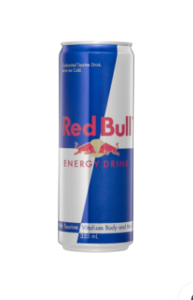
- Carbonated water
- Sucrose
- Glucose
- Citric acid
- Taurine
- Sodium bicarbonate
- Magnesium carbonate
- Caffeine
- Niacinamide (vitamin B3)
- Calcium pantothenate (vitamin B5)
- Pyridoxine HCI (vitamin B6)
- Vitamin B12
- Artificial flavors
- Caramel (for color)
The ingredients such as Caffiene and Caramel for coloring in Red Bull may contain Chametz However, it’s always best to consult with a reliable Kashrut authority to determine whether a specific brand or type of Red Bull is indeed kosher for Passover, as some Kashrut authorities may have different opinions or standards regarding the consumption of energy drinks during Passover.
Are Graham Crackers Kosher for Passover?
Generally, no. Graham crackers are usually made with wheat flour and other grains, which are forbidden during Passover. Therefore, most traditional recipes for graham crackers are not considered kosher for Passover.
However, there are some versions of graham crackers that are made with matzah meal or potato starch instead of wheat flour, making them acceptable for the holiday. These may be labeled as “Kosher for Passover” or “Pareve for Passover.”
Is Coconut Milk Kosher for Passover?
If the coconut milk was processed without any chametz or kitniyot and no non-kosher for Passover ingredients were added, then it should be considered kosher for Passover. However, if the coconut milk was processed using chametz or kitniyot or has non-kosher for Passover ingredients added to it, then it would not be considered kosher for Passover.
Is Heinz Ketchup Kosher for Passover?
Heinz ketchup is not typically considered kosher for Passover. While the ingredients in Heinz ketchup do not contain chametz or kitniyot, it is not certified as kosher for Passover by a reliable kosher certification agency.
During Passover, many kosher certification agencies provide special Passover certification to indicate that a product is suitable for consumption during the holiday. This certification involves a detailed inspection of the production process and ingredients to ensure that they meet the standards of Passover observance.
